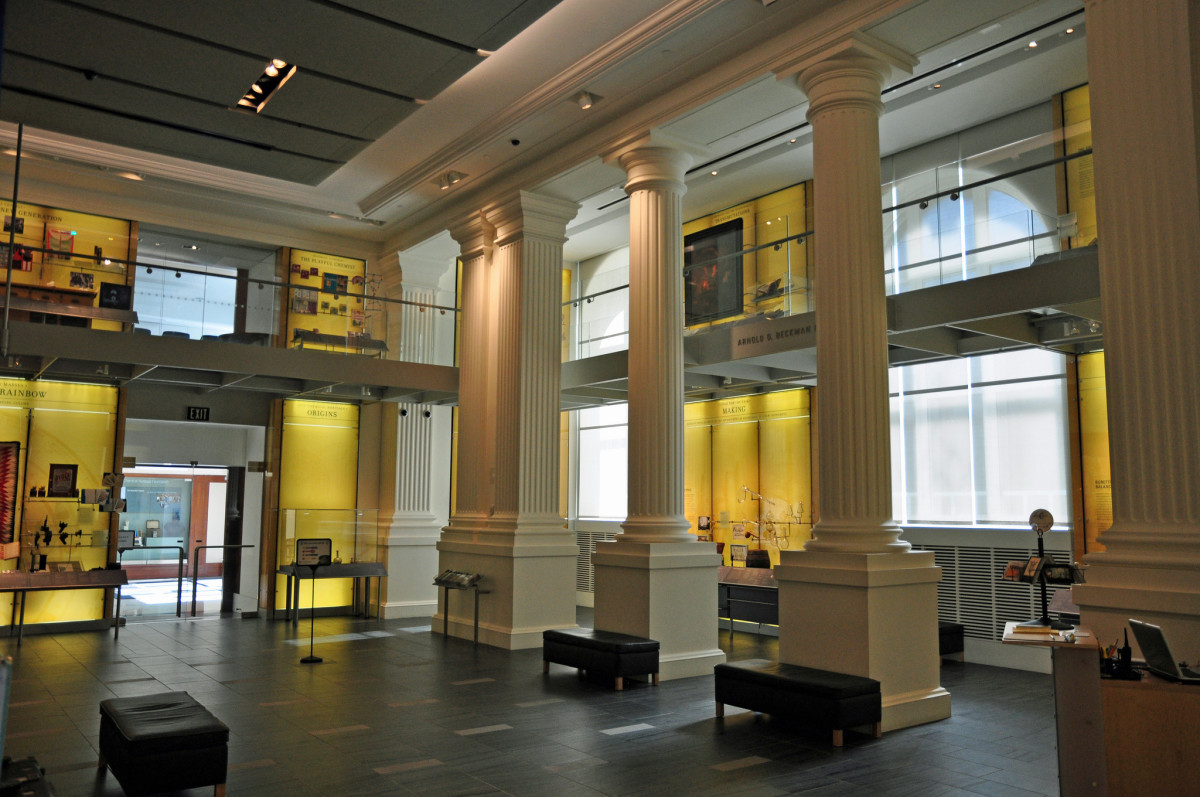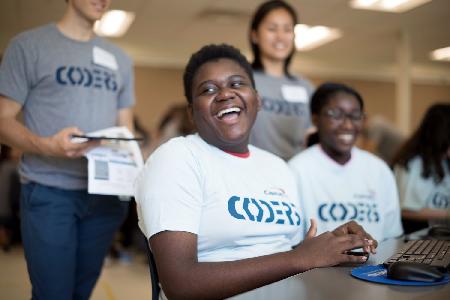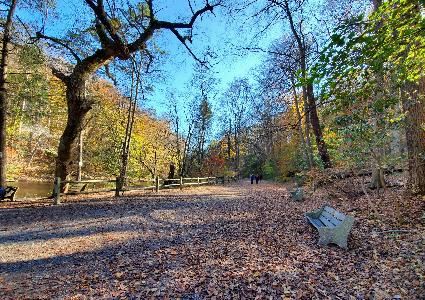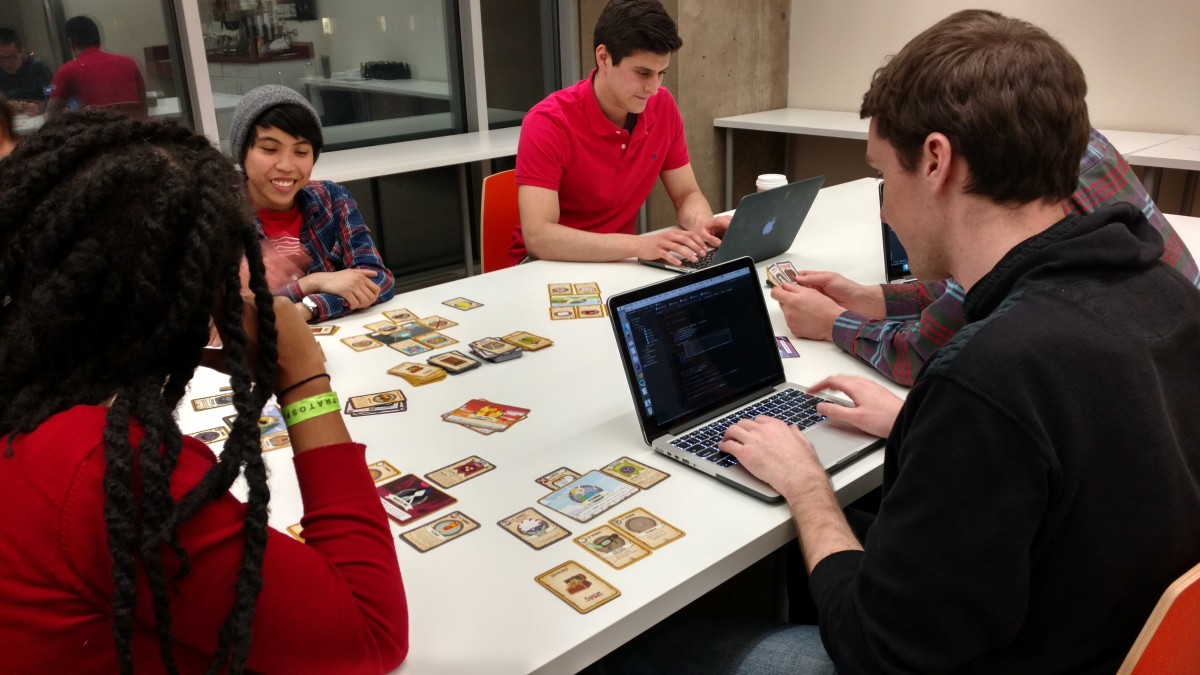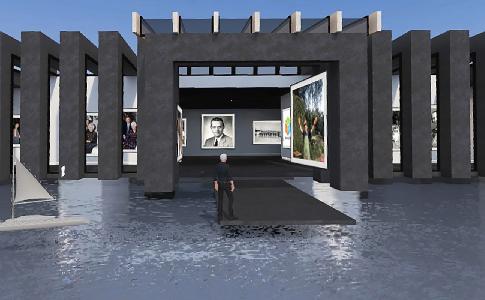For families with heritage in a specific trade (like fourth-generation bakers, or third-generation police officers), it was likely representation that kept the tradition going. Kids who grow up seeing their parents in a specific role often want to emulate them.
But what if you can’t find any role models that look like you? In an effort to help bridge that gap for people with disabilities, and to shine a light on the work of STEM researchers with disabilities, the Science History Institute is on the third year of a project called Scientists with Disabilities.
Out of the Old City organization’s Center for Oral History, the project looks to document “the lives and contributions of people with disabilities who work or are currently obtaining an advanced degree in STEM fields”
“We’re actively looking for people to contribute their oral history,” said Jessica Martucci, a Science History Institute research fellow working on the project.
Our Center for #OralHistory is conducting a project to document the lives and contributions of people with disabilities in STEM fields. If you identify as a scientist with a disability, we want to talk to you! Learn more on our website. #MarginSci https://t.co/qREaL137mx
— Science History Institute (@SciHistoryOrg) September 6, 2018
The goal of the project, Martucci said, is highlighting the presence of people with disabilities in STEM, preserving those stories and using them to have a broader impact in future generations of scientists.
“This is not to erase the difficulties or biases they have to face when pursuing STEM careers,” Martucci said. ” It’s about bringing some visibility to them so that maybe younger people have those figures they can look to and say: ‘They’re doing it so I know I can have a path forward in this direction.”
On Saturday, Sept. 8, the Institute will host a free event called Stories of Disability in the Lab to share some of the lessons the project has yielded so far and showcase ways to make STEM fields accessible and inclusive of people with disabilities.
Alongside Martucci, the event will also feature researcher and author Sara MacSorley, founder and CEO of an organization working to promote inclusion in STEM called Super Cool Scientists; and science writer and astrophysicist Jesse Shanahan, who has a condition known as Ehlers-Danlos Syndrome, and is currently serving as a coordinating committee member in the Working Group on Accessibility and Disability that she cofounded for the American Astronomical Society.
RSVPThough the project is currently gathering more oral history from researchers and students with disabilities, over the next 12 months it will begin making some of the materials available online in accessible formats. At the end of the year, Martucci said, the project will work alongside the curating staff to create short exhibits based on the findings form the research.
Technical.ly’s Editorial Calendar explores a different topic each month. The September 2018 topic is Sciences. These stories explore scientific innovations and research in each of Technical.ly’s markets.
Before you go...
Please consider supporting Technical.ly to keep our independent journalism strong. Unlike most business-focused media outlets, we don’t have a paywall. Instead, we count on your personal and organizational support.
Join our growing Slack community
Join 5,000 tech professionals and entrepreneurs in our community Slack today!
